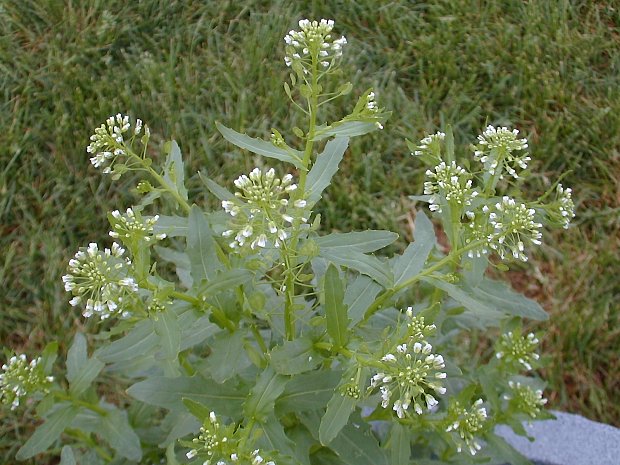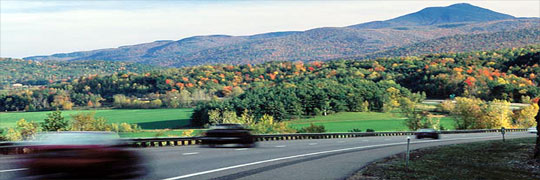 A report released recently by the Vermont Clean Cities Coalition Vehicle shows that while miles traveled in Vermont are less this year than in the previous three years, expenditures on fuel continues to increase. Hybrid purchases have increased to 3% of all new vehicles purchases, whereas gasoline-only powered vehicles have decreased by 2%. The full report can be viewed here.
A report released recently by the Vermont Clean Cities Coalition Vehicle shows that while miles traveled in Vermont are less this year than in the previous three years, expenditures on fuel continues to increase. Hybrid purchases have increased to 3% of all new vehicles purchases, whereas gasoline-only powered vehicles have decreased by 2%. The full report can be viewed here.[Sources: Vermont Clean Cities Coalition, Burlington Free Press]





